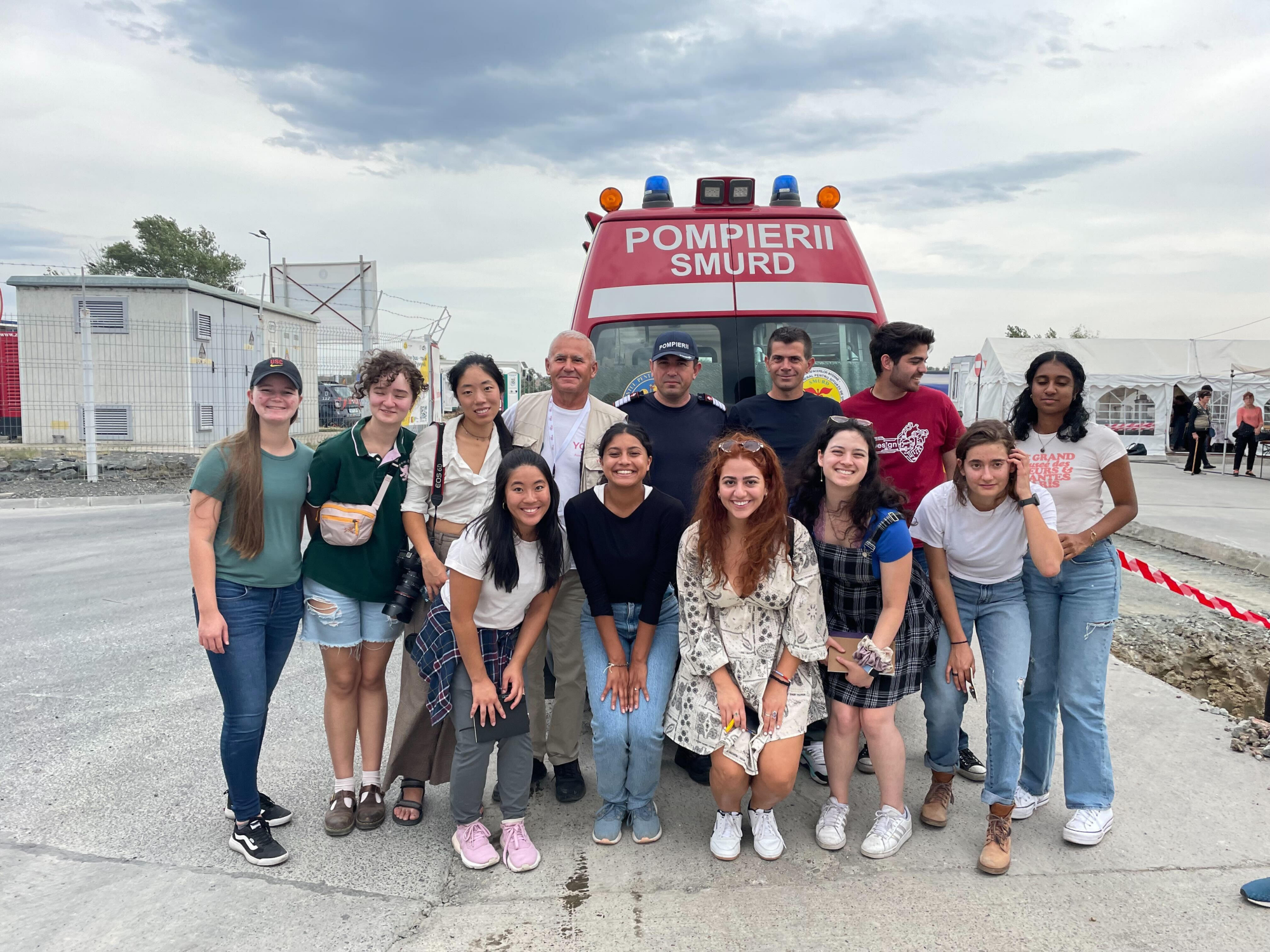Former 2022 Westly Prize winner Frontida Records was announced as a United Nations Digital X Solution by the United Nations Development Programme. Frontida was one of the 100 solutions out of 4,000 worldwide applications chosen, and is now featured in the UN’s Digital Solution Catalogue. This allows the Frontida team to expand their outreach by partnering with UN offices and programs across 170 countries. Frontida continues to redefine healthcare for remote communities through their partnerships, one of which being their partnership with Floating Doctors.
On April 27, 2022 Frontida Records partnered with Floating Doctors, a mobilized health service for underserved communities, to finalize their offline Electronic Health Records (EHR) system in Bocas Del Toro, Panama.
While digital health records are not uncommon in the U.S., their accessibility is rather limited for remote, indigenous communities such as the Ngäbe-Buglé. According to the National Library of Medicine, “The implementation of electronic health record (EHR) software at healthcare facilities in low and middle-income countries (LMICs) is limited by financial and technological constraints.” Frontida Records addresses these issues by providing their low-coding software to medical clinics regardless of their financial resources.
Equipped with iPads, the Frontida team developed and implemented a system that now supports 200 Ngäbe-Buglé patients each day, cutting the Floating Doctors’ visit and documentation times in half. Today, the Frontida team documents the care of 2,000 patients and 3,000 medical visits in over 80 rural coastal communities of Bocas del Toro.
In addition to its sustainability, real-time data analytics, and safeguarding measurements from environmental pressures, the founder of Floating Doctors, Dr. Benjamin LaBrot believes Frontida’s system can largely impact global health policies as well. Labrot addresses the lack of data representation for countries using paper record systems, claiming that data on paper often does not make it into the global data collections that global health policies are made from.
Labrot reflects on Frontida Records impact, stating, “What electronic data like [Frontida Records] for regions like this really means is suddenly all of our indigenous patients now have a voice. When health policy is being made, their voice is going to be counted… Being able to have our patients actually count when resources are being handed out, when policies are being made that are going to affect their lives– that’s what [Frontida Records] does.”







